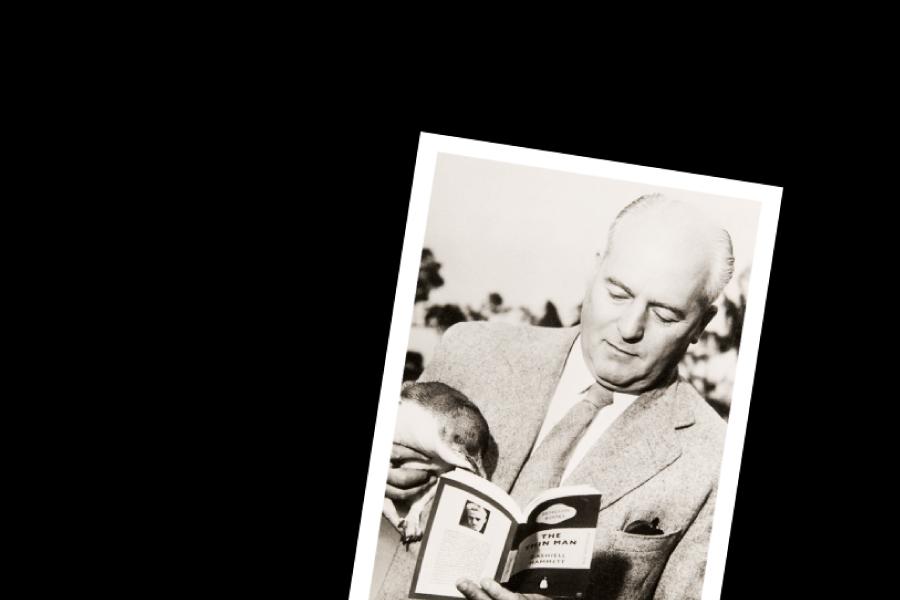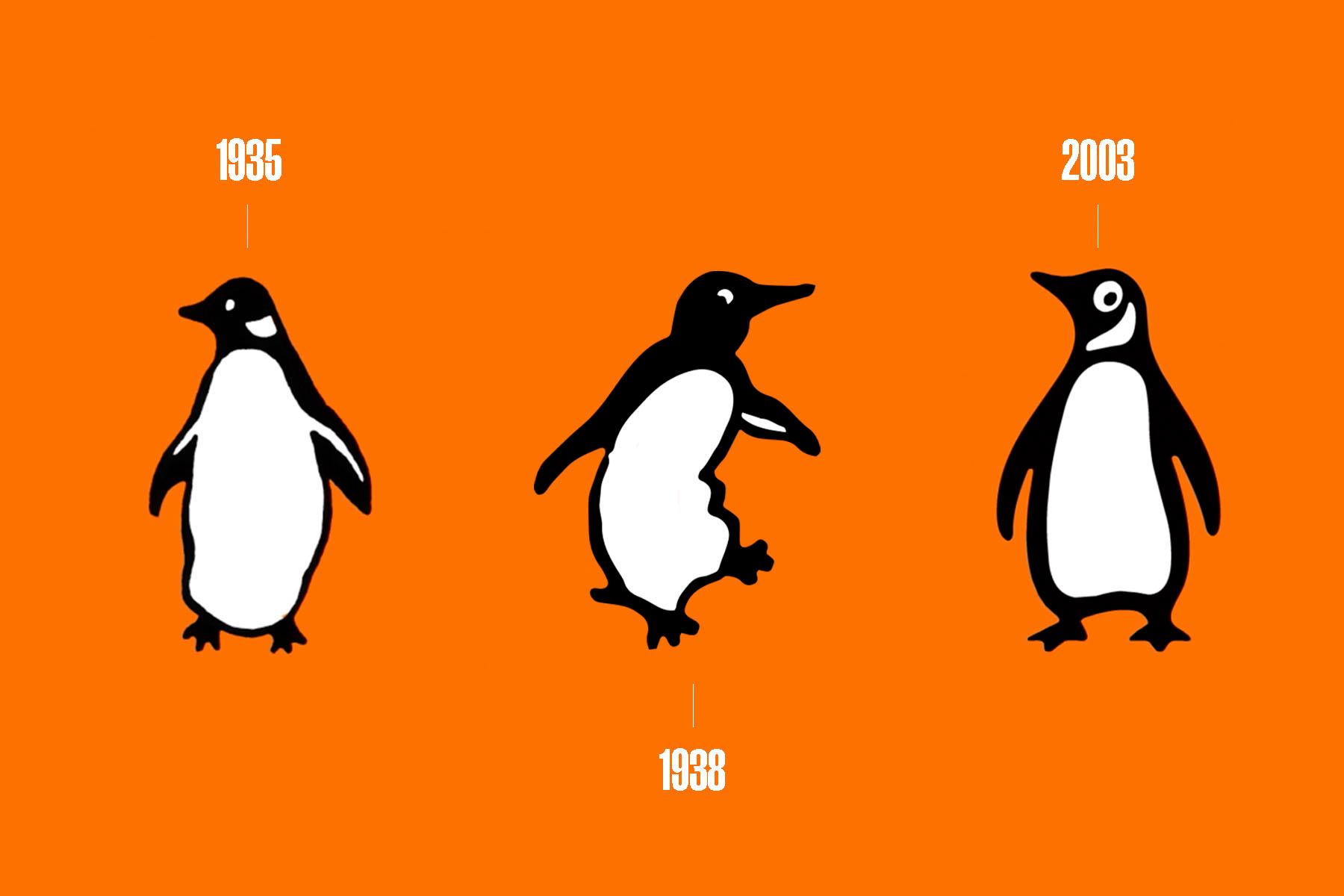Company history
Penguin and Random House came together in 2013 to form the world’s leading and first truly global book publishing company. We represent two rich publishing histories marked by unparalleled success and innovation.
We’re proud of our heritage and our track record of bringing to life a vibrant range of iconic, diverse and new voices through our books. We’ve been doing it for over 150 years: our oldest continuous imprint, Chatto & Windus, can trace its origins back to 1855. Our founders laid the roots for the way we operate as a company today: championing creativity, inclusion, entrepreneurship and collaboration.
Where we come from
In 1934, on his way to London after visiting his friend Agatha Christie, the young publisher Allen Lane stopped at the station bookstall at Exeter St Davids and saw that all the books on sale were of a poor quality and overpriced.
What was needed, he realised, were good books at a price everyone could afford.
Within a year he had founded Penguin Books, creating a paperback revolution that democratised quality literature and would fundamentally change the publishing world forever.
In 1925, Random House founders Bennet Cerf, aged 27, and Donald S. Klopfer, 23, purchased The Modern Library. Two years later, these young entrepreneurs decided to broaden the company’s publishing activities.
“We just said we were going to publish a few books on the side at random”, they said.
In 1934 they published the first authorised edition of James Joyce’s novel Ulysses in the US, starting a long history of ground-breaking publication.
Along the way we’ve been behind some of the greatest and most popular books ever published
We've worked with celebrated classic authors including Sylvia Plath, George Orwell, Leo Tolstoy and Virginia Woolf, and, more recently, Zadie Smith, Marian Keyes, Dan Brown, Malorie Blackman, Yuval Noah Harari, Philip Pullman and Arundhati Roy. Our unrivalled back catalogue means we can reinvent our authors’ stories from generation to generation.
We’ve also been at the forefront of changes which have altered the world of books forever: from winning the watershed obscenity trial in 1960 to publish D.H. Lawrence’s Lady Chatterley’s Lover, to the controversy around Salman Rushdie’s The Satanic Verses, published in 1988.
We've also paved the way for change in the publishing industry by removing the requirement for a degree to work at our company. We were the first publisher to introduce paid work experience, and we are working hard to champion a more inclusive industry, to make sure that our company - and the books we publish - are as diverse as the society we represent.
Today, we continue to lead the industry. In a market which is constantly changing, we are stretching the definition of the word publisher: working with talent across the creative spectrum - from TV production companies to A-list audiobook narrators - to connect with more readers than ever before, both through and beyond the book.
For more information on our company history, take a look at our timeline:

